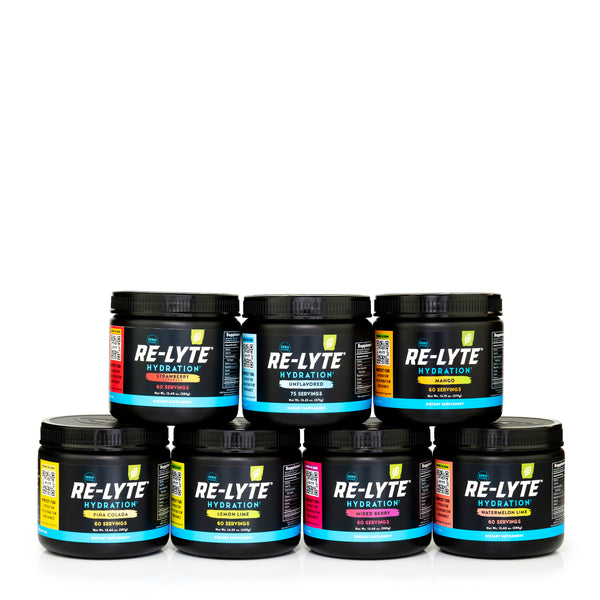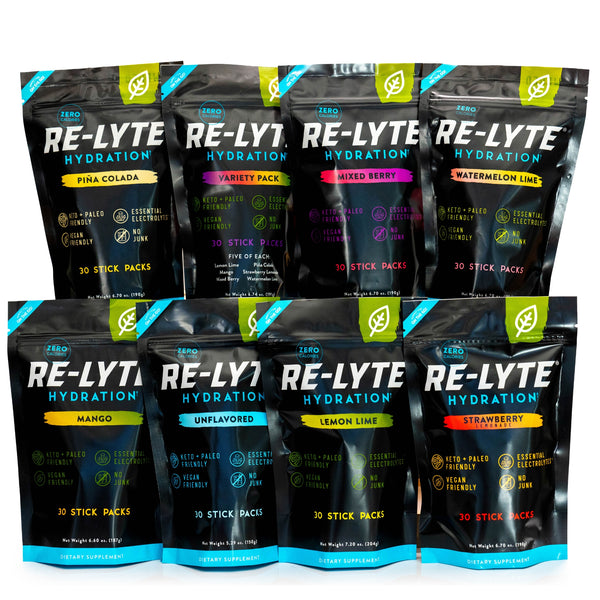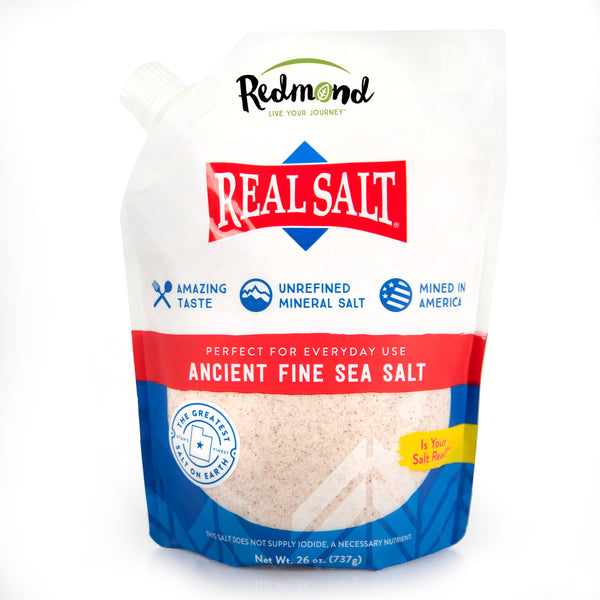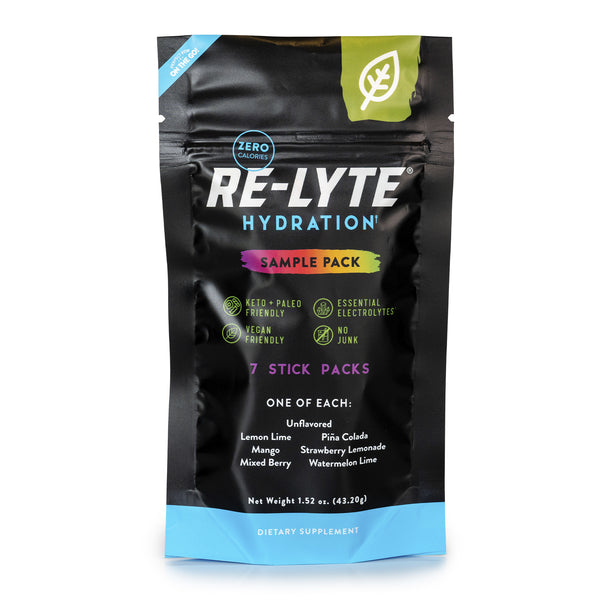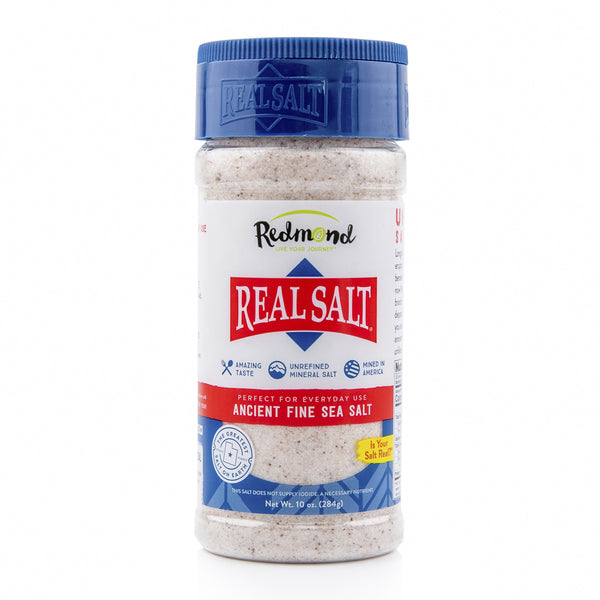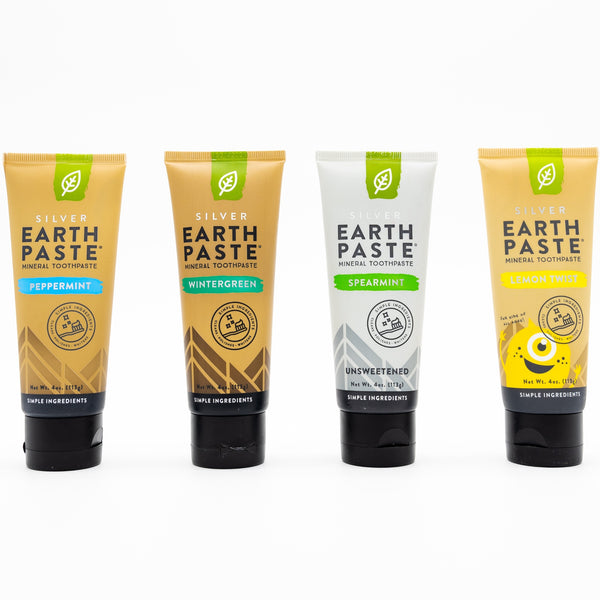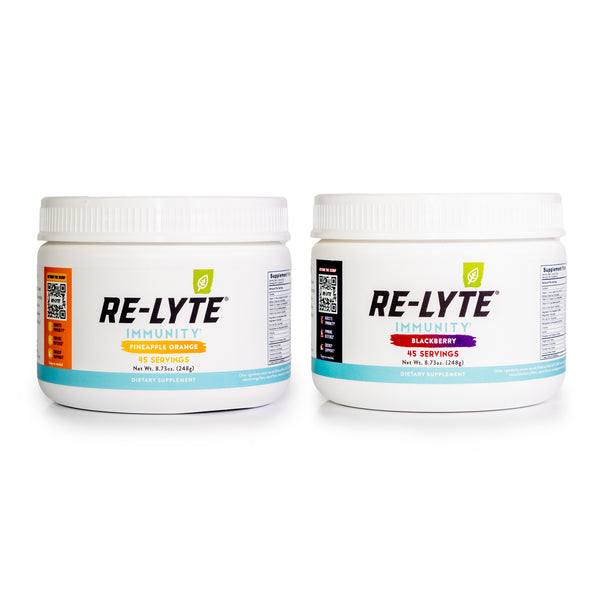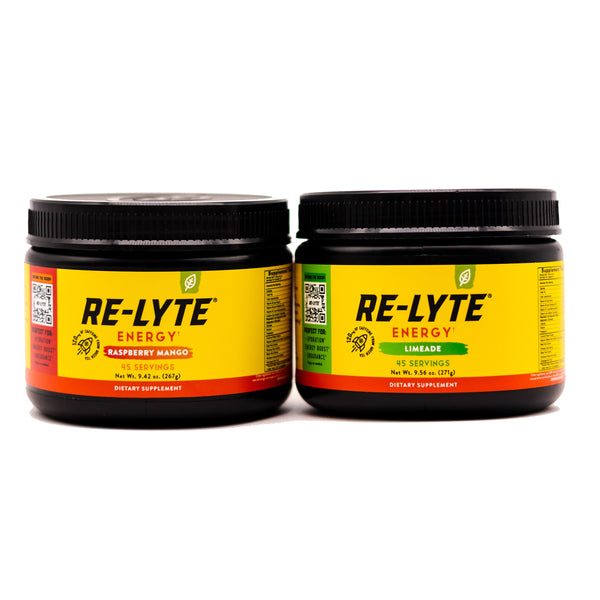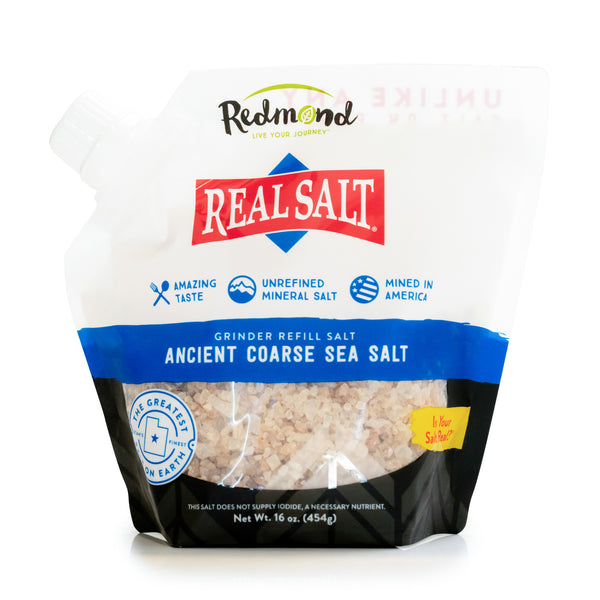Elderberry Benefits: Everything You Need to Know
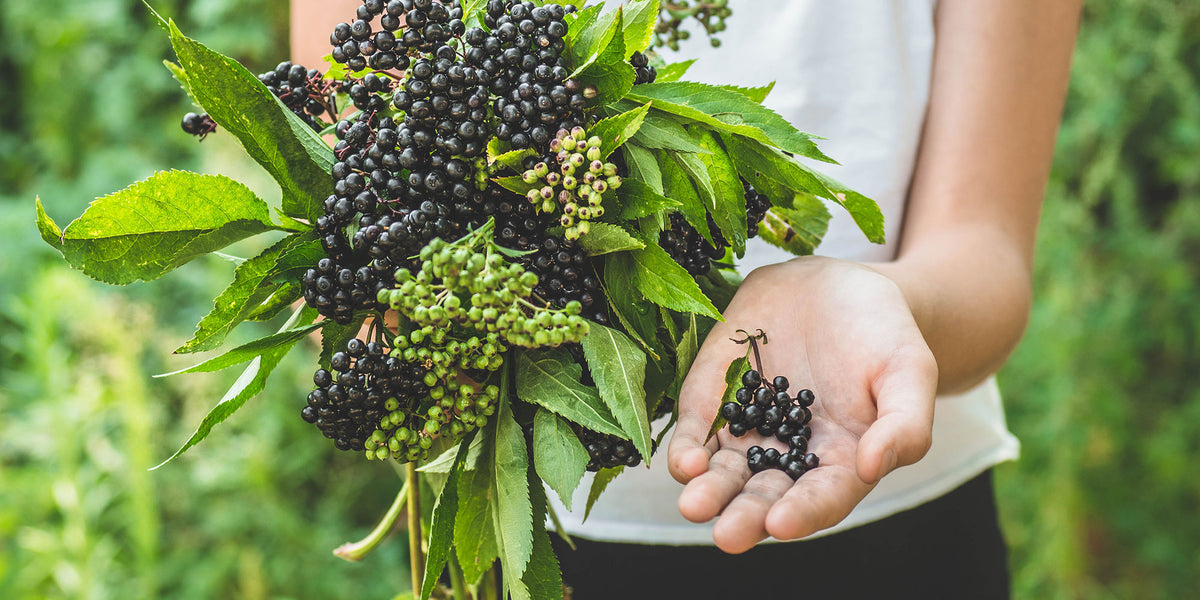
Article at a Glance:
- Elderberry has been used medicinally for over 2,000 years.
- Elderberry comes from a tree called Sambucus Nigra, known more commonly as the European elder or black elder.
- Elderberry is full of beneficial compounds and nutrients like antioxidants, vitamin C, and fiber.
- Research shows elderberry has anti-bacterial and anti-viral properties that make it great for cold and flu season support.
- Elderberry is made safe through the process of heating, so never consume raw elderberry.
With cold and flu season upon us, you may notice one ingredient showing up in a lot of holistic remedies: elderberry.
Popular in gummies, supplements, syrups, and more, elderberry isn’t just well-loved for its delicious taste (though we like that too!). Elderberry has a range of health benefits that support your immune system and contribute to a healthy body, particularly in chilly months and climates.
Though recently it’s seen a boost in popularity, elderberry extract has been used medicinally for centuries. Common uses include immune system support, fighting infection, managing upper respiratory issues, and more. While it can cause side effects if not taken properly, elderberry’s ancient medicinal benefits have proven sustainably safe and effective for people all over the globe.
Where Does Elderberry Come From?
We wouldn’t be shocked to find these purple beauties growing in your backyard! Elderberries come from a tree called Sambucus Nigra, known more commonly as the European elder or black elder. The tree is native to North America, Europe, and North Africa and supplies berries of a deep purple color and slightly sweet, almost tart flavor— elderberries!
Folk medicine dates the medicinal usage of elderberry all the way back to 400 BC (as found in the writings and teachings of Hippocrates), meaning the elder tree and its berries have remained abundant and widely used for over 2,000 years.
What Nutrients Are In Elderberry?
Elderberries are chock full of antioxidants, which can help fight inflammation, support a healthy immune system, and keep the cells in your body in top shape.
One antioxidant called anthocyanin is particularly abundant in the elderberry and is linked to heart health, blood vessel health, brain focus, and memory benefits. Anthocyanin is what gives the elderberry its deep purple coloring too.
Elderberry is also rich in:
- Vitamin C
- Dietary Fiber
- Phenolic Acids
- Flavonoids
Phenolic acids and flavonoids are other critical antioxidant compounds that help reduce damage from oxidative stress in the body and aid in warding off harmful everyday toxins.
What Are the Health Benefits of Elderberry?
A quick Google search will show that elderberry’s number one claim to fame is its hold on cold and flu season. The berry’s rich antioxidant structure makes it uniquely suited to support your body against respiratory illness and help fend off common colds and flu. A 2020 study points to anti-viral and anti-microbial properties found in the elderberry as the basis for these long-explored benefits.
Due to the anthocyanin in the berry, elderberry has also been found to support healthy inflammation levels, which can aid in joint health when taken consistently.
Research has shown additional links to:
- Weight management
- Constipation relief
- Slowing of cellular aging (due to defense against oxidative stress)
- Protection from UV radiation
Widely researched and medicinally used for thousands of years, elderberry is supported by both anecdotal reports and modern health studies and can be considered a reliable tool in promoting overall health.
Is Elderberry Safe?
Simply put: when used correctly.
Raw elderberries contain cyanogenic glycosides— the same toxin found in almonds and apricot seeds that can sometimes release cyanide. That cyanide can build up in the body causing serious illness, discomfort, and harmful long-term effects.
Elderberry is made safe through the process of heating. By cooking the berry, you break down the cyanide toxin, making it safe to consume. So while you should never consume raw elderberry or products that note they are derived from raw berries, most elderberry supplements and products are completely safe.
Safe elderberry products can be used daily, even multiple times a day, with no negative side effects. A leading study from 2004 had patients begin taking elderberry within the first 48 hrs of cold and flu symptoms. The patients saw improvement when consuming elderberry four times a day, for roughly 5 days. Consistency is key!
How Should I Consume Elderberry?
Due to the natural toxicity of raw elderberry, finding a reliable source to add elderberry into your diet is important. We put a lot of research and planning into the sourcing and dosage of elderberry in Re-Lyte Immunity, so it’s a safe, effective, and simple way to incorporate elderberry, electrolytes, turmeric, ginger root, and more into your diet. Re-Lyte Immunity can easily be added to your water to help you feel like your best self during cold and flu season.
Cooked elderberries can also be used as a deliciously nutritious addition to your diet. You can produce juice, jellies, pies, syrups, and more from these little guys (it’s jam season at Redmond, and we know just the flavor!). But again, remember that elderberries must be properly heated to degrade their natural toxins.
For more ideas on supporting your immune system and staying healthy this fall, check out our 7 Pillar Plan for Ultimate Immune Health.
Sources:
Elderberry: Benefits and Dangers -- Healthline
Randomized study of the efficacy and safety of oral elderberry extract in the treatment of influenza A and B virus infections -- US National Library of Medicine
Flavonoids: An Overview -- US National Library of Medicine
Elderberry Nutrition Facts and Health Benefits -- VeryWell Fit
Elderberry Supplementation Reduces Cold Duration and Symptoms in Air-Travellers: A Randomized, Double-Blind Placebo-Controlled Clinical Trial -- MDPI, Multidisciplinary Digital Publishing Institute
Health Benefits Boost Elderberry -- HerbalGram




